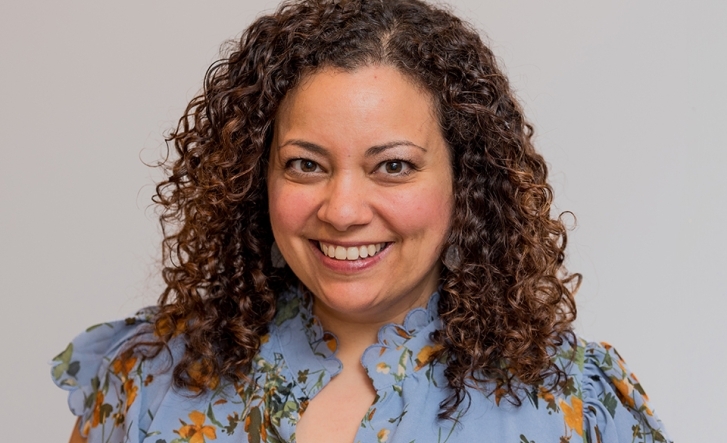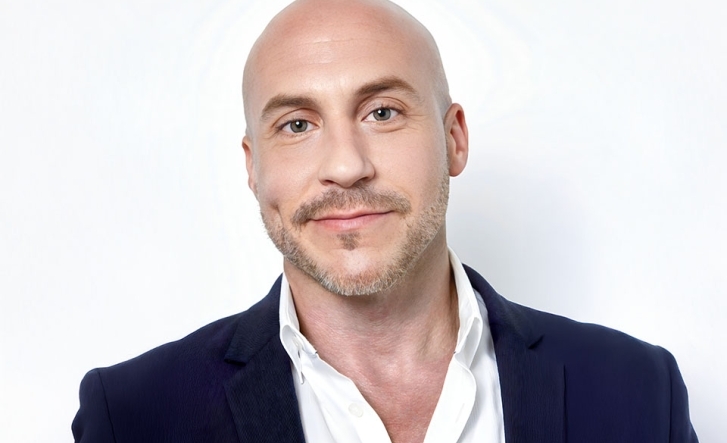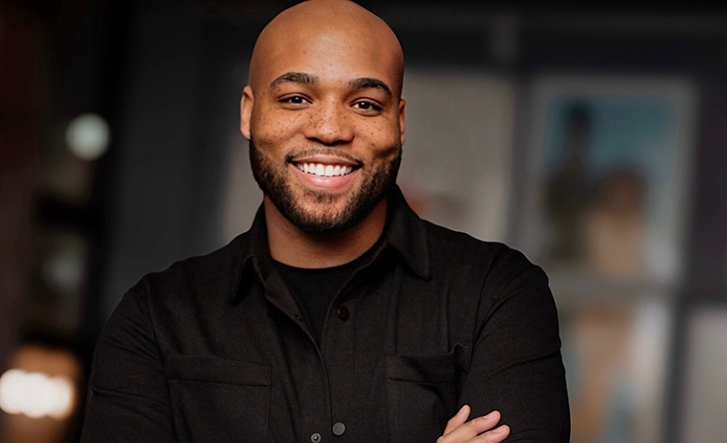From the Classroom to Crime Analysis: An Alumna’s Quest to Turn Passion into Impact

“Diane is a prime example of how our program empowers passionate students in criminology and criminal justice to succeed,” said Dr. Zhou. “We deeply appreciate her—and all our alumni—for their ongoing dedication to our program’s continued success.”
Diane Louis ’22G has followed a different path than her colleagues at the New York City Police Department. Since April 2023, she has served as a crime analyst, an essential role that supports the department’s efforts to modernize and civilianize policing. Unlike traditional law enforcement officers, crime analysts bring research and pedagogical expertise to the field, using statistical methods to remove bias and provide deeper insights into crime trends across New York City.
Law enforcement and data analytics were not Ms. Louis’s starting points. While balancing her studies as a full-time student in the Master of Arts in Criminology and Justice program, she worked full time as a high school science teacher. Despite teaching more than 120 students daily, she remained steadfast in her passion for forensic science, a subject that combined her love for law and science.
Ms. Louis enjoyed teaching, but knew it was not her true calling. She made the bold decision to transition into a career where she could bring her passions together and began her graduate studies in September 2020.
“It is no surprise that she became a crime analyst for the NYPD after graduation,” shared Yue Zhou, Ph.D., Program Director. “In this role, she utilizes a wide range of research and data analysis skills to build institutional datasets, analyze crime patterns, and guide resource allocation for crime prevention, contributing to data-driven and evidence-based policing. We are incredibly proud of her accomplishments.”
Ms. Louis plays a critical role in analyzing crime reports and ensuring accurate data classification, a key step in maintaining reliable crime statistics and records. “Learning statistics, I always sat there asking, ‘Am I going to use this?’” she recalled. “When I got this job, I had to email Dr. Zhou immediately because within one month [on the job], I was using statistics every day!”
Another crucial responsibility in her role involves the review of crime complaints, verifying victim statements, and identifying trends that can lead to solving cases. “If I notice a pattern, I gather as much information as possible to report it. That pattern report can be the key to finding a perpetrator,” Ms. Louis shared.
Beyond crunching numbers, this role also devolves into investigative work. She reviews flyers, examines identifying factors of suspects, and applies criminological theories to analyze population shifts, economic trends, and geographic data to build profiles of potential suspects.
Ms. Louis’s passion for criminology was deeply shaped by her graduate education at St. John’s. The University stood out to her not only for its specialized program, but also for the accessibility it allowed her to balance her work and studies.
“The campus is amazing, and everyone is so nice and friendly,” she said. Professors like Dr. Zhou; Omar Montana, Ph.D.; and Brandie S. Pugh, Ph.D., left lasting impressions, challenging her to think critically and push the boundaries of her knowledge.
Through her internship with Families and Friends of the Wrongfully Convicted, she worked with Derrick Hamilton. Mr. Hamilton was wrongfully convicted of murder in 1991 and spent more than 20 years in prison before his conviction was overturned in 2015. While incarcerated, he became a skilled jailhouse lawyer, helping others fight wrongful convictions. He currently teaches about criminal justice reform for the Perlmutter Center for Legal Justice, Benjamin N. Cardozo School of Law.
As an intern, Ms. Louis had the opportunity to pitch a pen-pal program for inmates, which she successfully piloted. She also proposed an initiative called “ACEs Conversation,” inspired by Dr. Pugh’s course on Adverse Childhood Experiences (ACEs), which examines how childhood factors can influence criminal behavior.
“Her class pushed me to think deeply—I was reaching into the depths of my mind that I didn’t even know existed,” Ms. Louis said. “Not only are you thinking critically, but you have to connect the dots to make that bigger picture.”
Ms. Louis has remained connected to St. John’s since her graduation. For the last several years, she has spoken at Criminology Connections, an alumni networking event hosted by the Department of Sociology and Anthropology, and is in frequent contact with Dr. Zhou.
“Diane is a prime example of how our program empowers passionate students in criminology and criminal justice to succeed,” said Dr. Zhou. “We deeply appreciate her—and all our alumni—for their ongoing dedication to our program’s continued success.”
As Ms. Louis reflects on her career journey thus far, she is proud to be a part of a growing movement that helps shape a more informed and just system. “I knew that this was something that was my passion,” she said. “It was very easy for me to jump in.”



